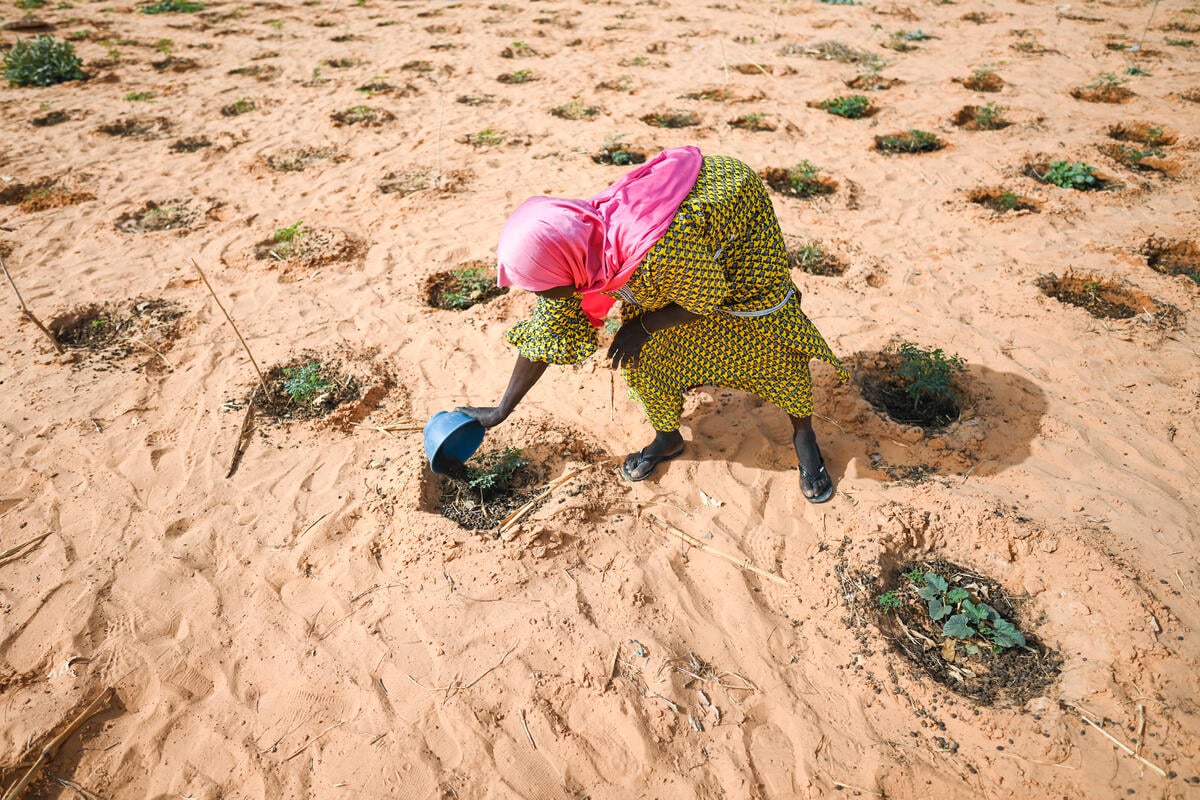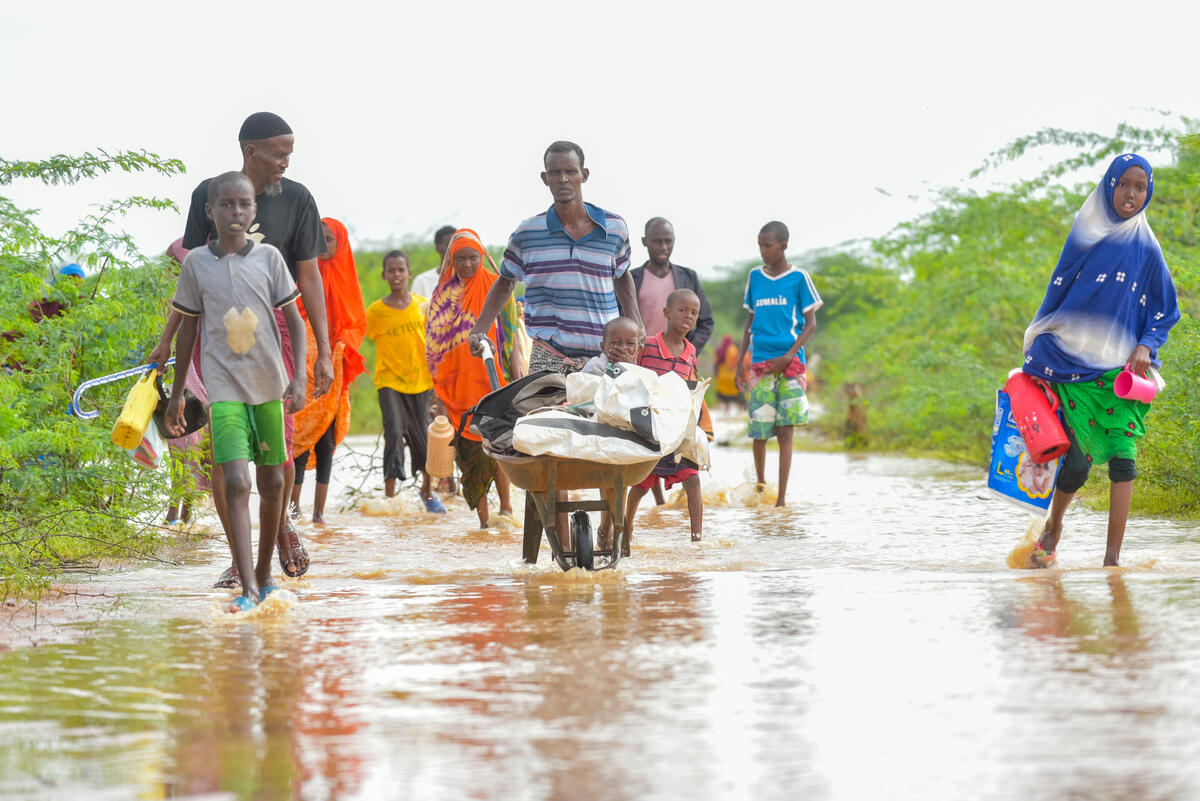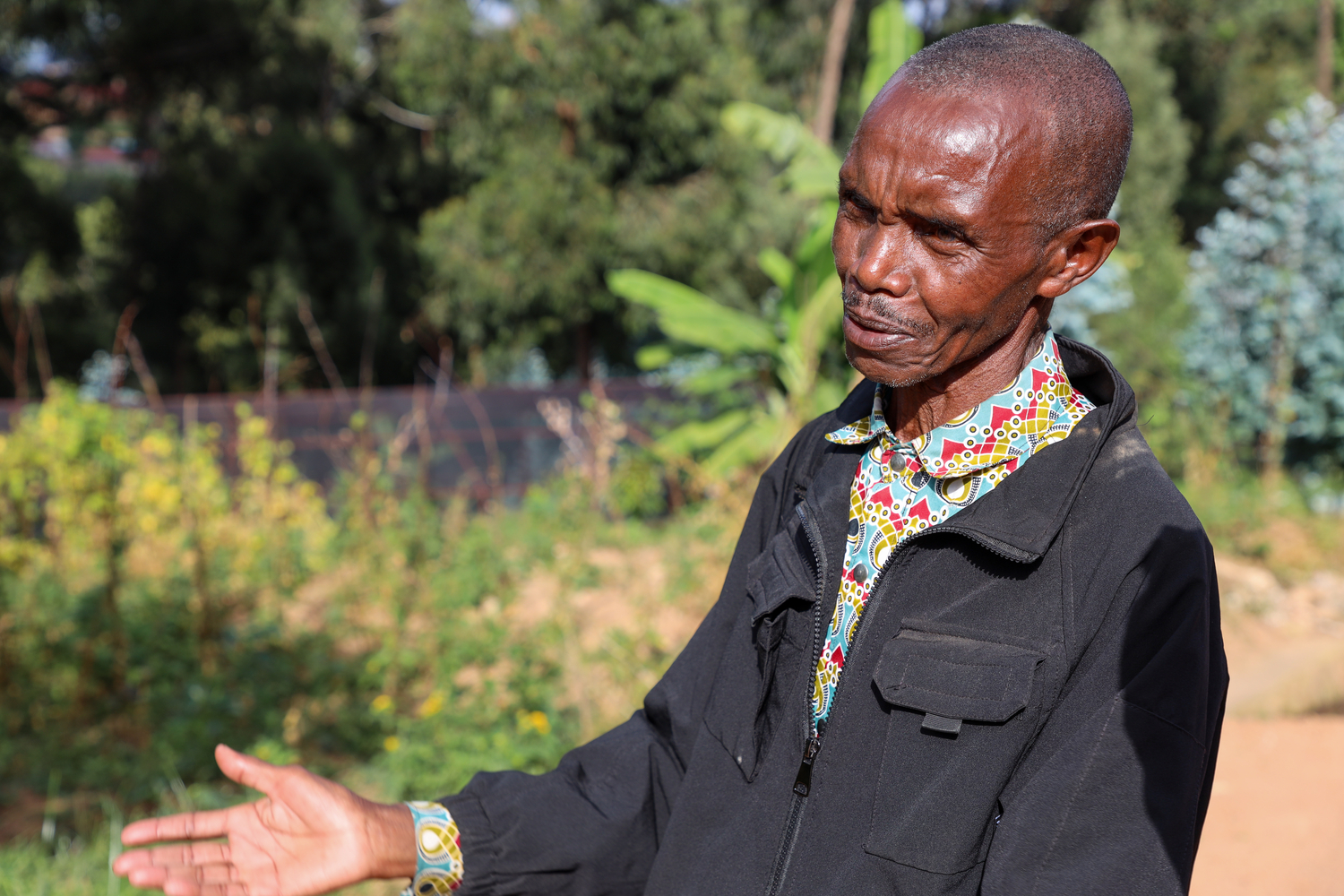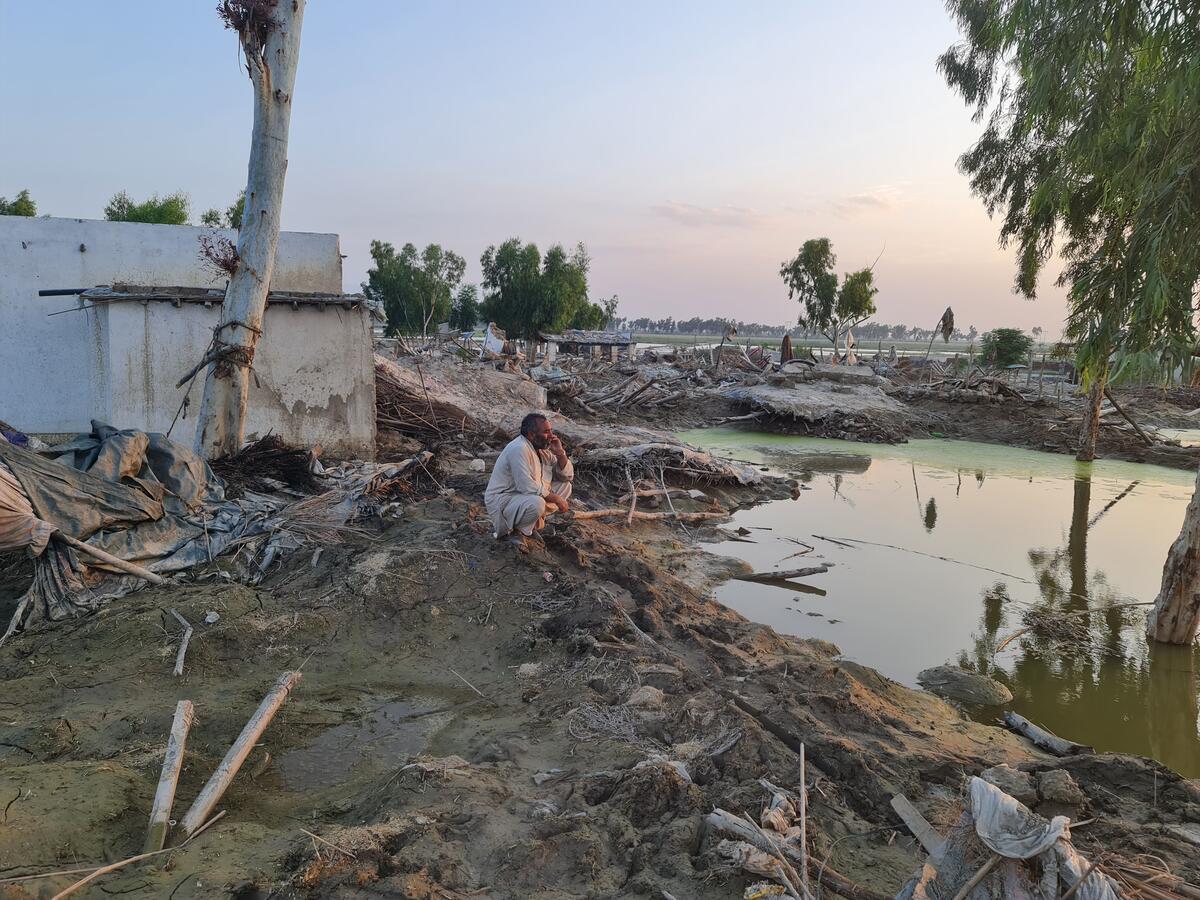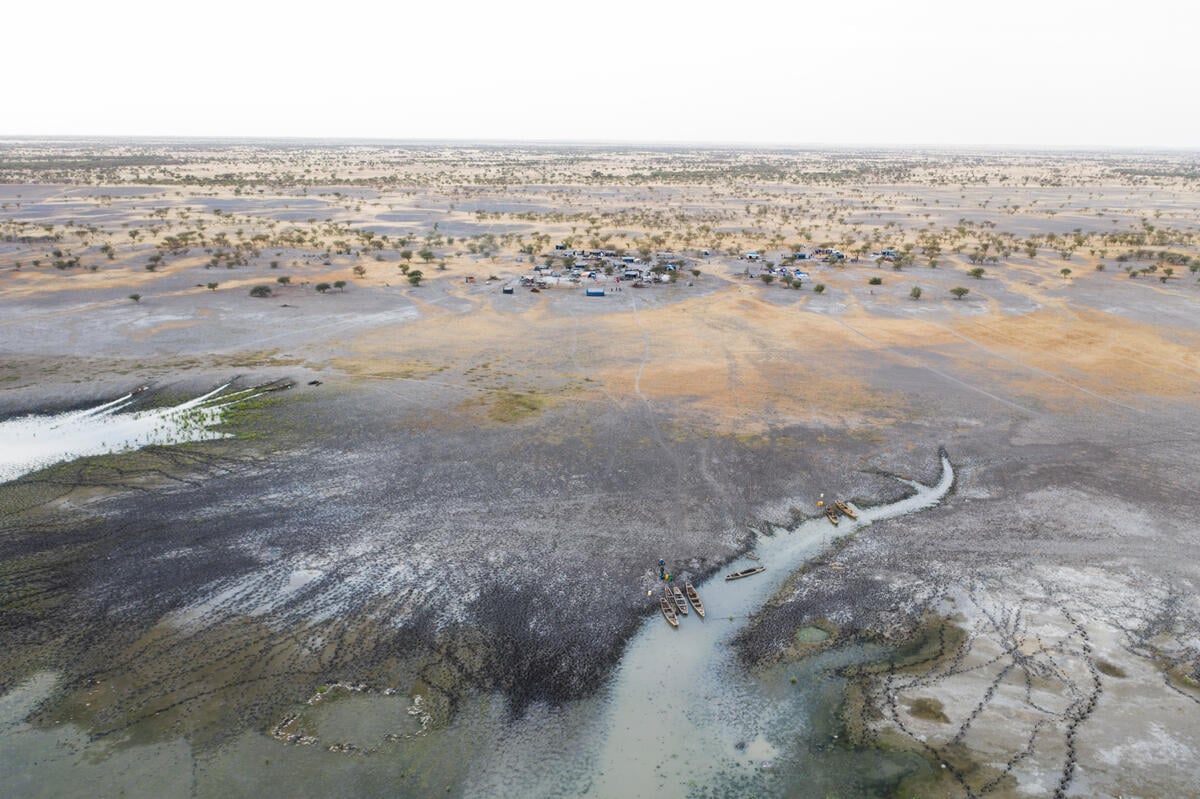UNHCR: Help us protect the environment to protect refugees
UNHCR: Help us protect the environment to protect refugees

UNHCR, the UN Refugee Agency, joins the U.N. Environmental Programme in observing World Environment Day today.
“Climate change and environmental issues are closely intertwined with refugee movements and internal displacement,” said UNHCR’s Special Advisor on Climate Action, Andrew Harper.
“Not only does climate change contribute to underlying causes of conflict and displacement, from drought and famine to more frequent extreme weather events, most of those displaced seek refuge in some of the world’s most climate vulnerable regions. They are on the frontlines in the battle against climate change.”
In response to the growing climate crisis, UNHCR is calling for more action to prevent and mitigate climate- induced displacement, to help protect displaced populations and their host communities, and is renewing its own commitment to reduce the environmental impact of its operations.

UNHCR has been working for several decades to reduce the environmental impact of the presence of refugee camps and settlements.
Some key initiatives include the establishment of solar farms in Jordan’s Azraq and Za’atari refugee camps; clean fuel and a waste treatment plant for refugees in Bangladesh; renewable energy solutions for refugees in Rwanda, Tanzania and Ethiopia and land restoration projects such as the “Green Refugee Camp” project at Minawao Refugee Camp in Cameroon.
Last year, to mainstream refugees’ access to sustainable energy and minimize environmental impact across its field operations worldwide, UNHCR launched a Global Strategy for Sustainable Energy.
“In order to protect the world’s displaced, we must do more to protect the environment. Protecting the environment provides better protection for people – not only for those displaced but also for the communities so generously hosting them,” said Harper.
“Today we renew our call for everyone to make a difference and help us protect the environment and refugees.”
For more information on this topic, please contact:
- In Geneva, Shabia Mantoo, mantoo@unhcr.org, + 41 79337 7650



